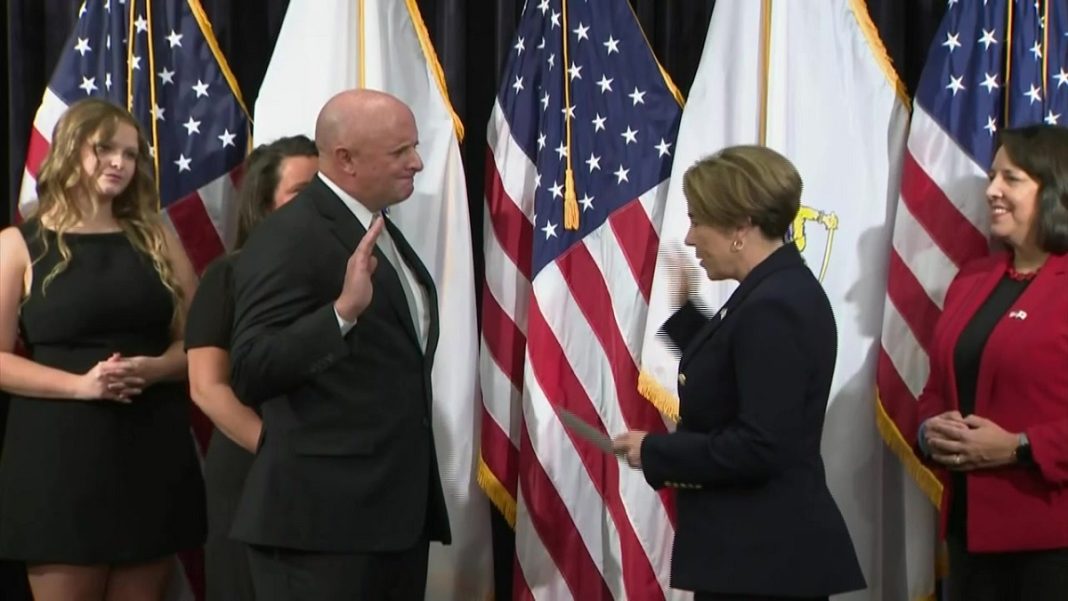In recent political discourse, the topic of immigration has once again taken center stage, especially as it pertains to Haitian migrants seeking refuge in the United States. During a campaign rally in Springfield, Ohio, former President Donald Trump made a bold vow to deport Haitian migrants, a pronouncement that has ignited significant debate and concern among various communities and advocacy groups.
The backdrop to Trump’s remarks is a complex tapestry woven from historical, social, and political threads. Haiti, a nation often beleaguered by natural disasters and political instability, has seen a notable increase in migration over the past few years. According to the United Nations, the number of Haitians fleeing their homeland has surged, driven by a combination of economic hardship, gang violence, and systemic corruption. A report from the International Organization for Migration highlights that in 2021 alone, thousands of Haitians attempted to reach the U.S. border, seeking safety and a chance for a better life.
Trump’s focus on deporting Haitian migrants aligns with his broader immigration strategy that emphasizes strict border control and a hardline stance on asylum seekers. During his presidency, he often framed immigration as a national security issue, a narrative that continues to resonate with a substantial segment of the American electorate. By promising to deport these migrants, he taps into fears and concerns about resource allocation, crime, and cultural integration, themes that have historically been potent in U.S. politics.
However, such a stance raises critical questions about human rights and the ethical responsibilities of nations to protect vulnerable populations. Experts in international law and human rights argue that deporting individuals to a country embroiled in turmoil contravenes the principles of non-refoulement, which prevents countries from returning asylum seekers to places where they face serious threats to their life or freedom. In fact, the U.S. has a legal obligation to assess the claims of those seeking asylum, a process that can be compromised by blanket deportation policies.
Moreover, the implications of Trump’s rhetoric extend beyond legal frameworks; they resonate deeply within communities. Many Haitian Americans, who have established roots in the U.S. and contribute significantly to the economy and cultural landscape, feel a renewed sense of vulnerability in the wake of such statements. A recent survey by the Pew Research Center indicates that nearly 70% of Haitian Americans believe that their community is often unfairly stereotyped and that policies targeting Haitian migrants can exacerbate existing stigmas.
In addition to the emotional and social ramifications, there are practical considerations to bear in mind. For instance, the Biden administration’s approach to immigration has been markedly different, focusing on pathways to citizenship and humanitarian aid. This shift highlights a growing divide in American politics regarding how immigration should be managed. As the nation grapples with these differing ideologies, the discourse surrounding Haitian migrants serves as a microcosm of larger national conversations about identity, diversity, and the role of the United States in global humanitarian efforts.
In conclusion, Trump’s vow to deport Haitian migrants is not merely a political statement; it is a reflection of broader themes surrounding immigration policy, human rights, and community impact. As the U.S. continues to navigate these challenging waters, it is crucial for policymakers and citizens alike to engage in informed discussions that prioritize compassion and understanding, ensuring that the narrative surrounding migration is not solely defined by fear but also by the recognition of shared humanity.

